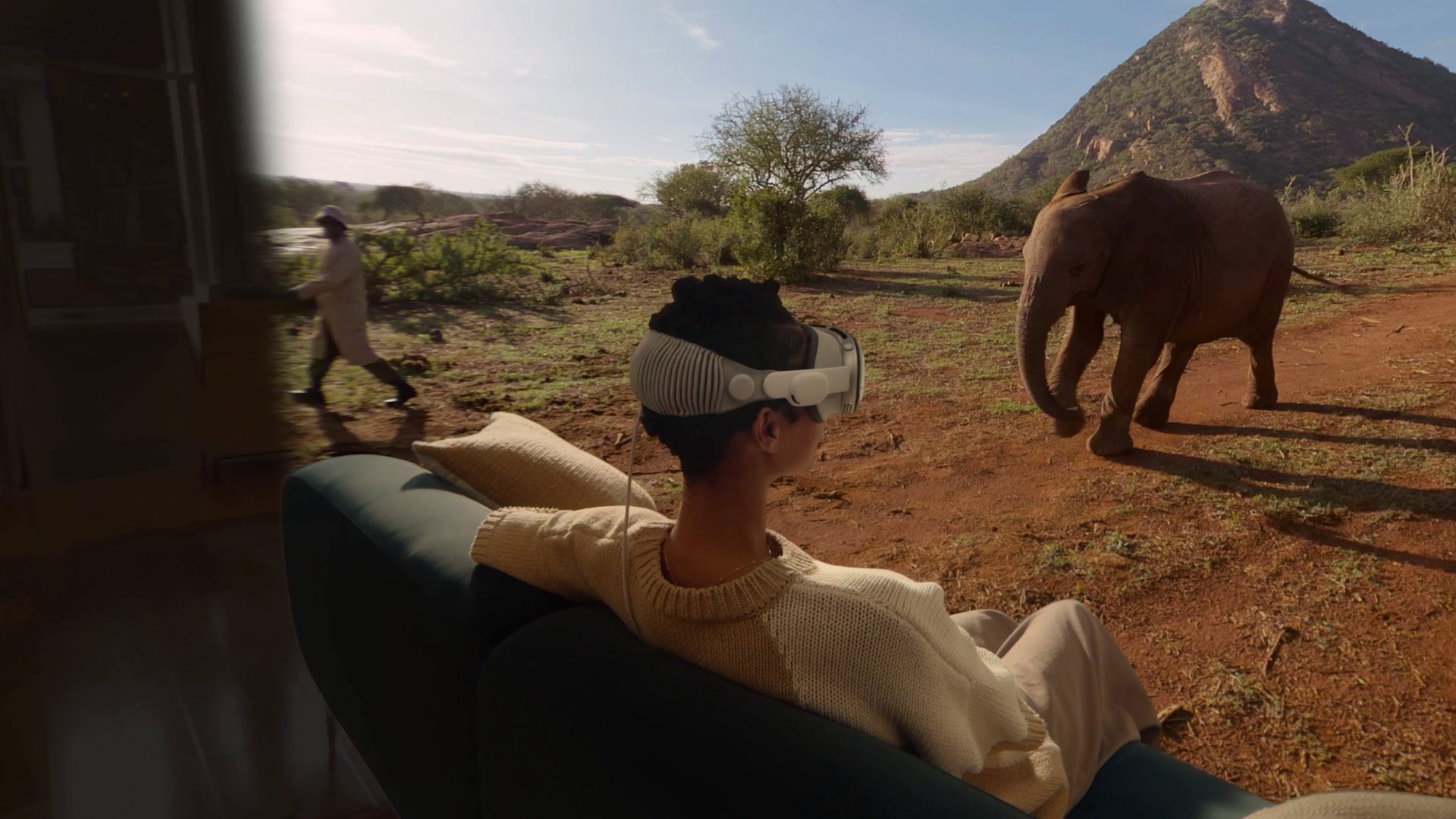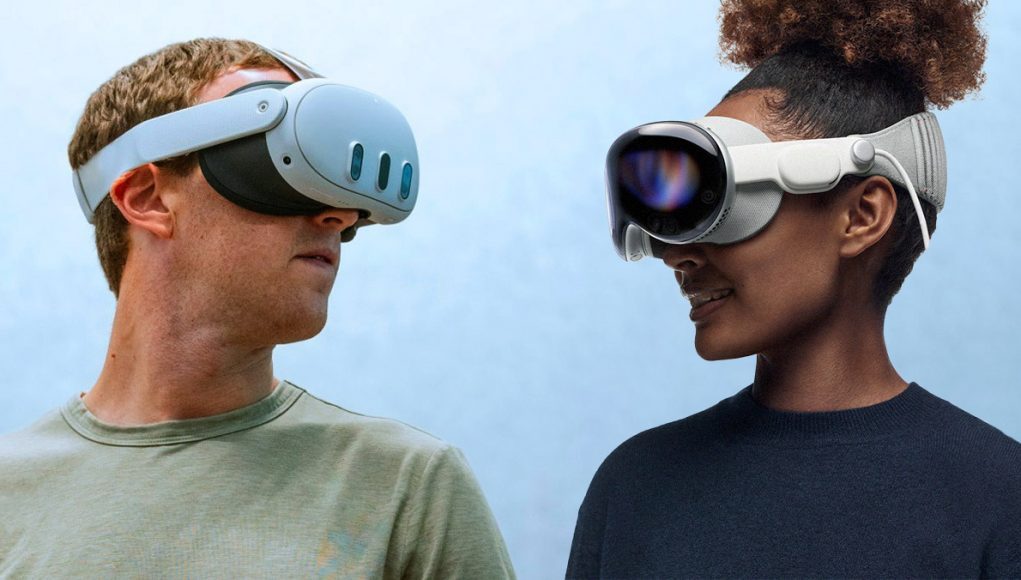Quest doesn’t have AirPlay, but it’s not for the lack of trying. In a post on X, Meta CTO Andrew ‘Boz’ Bosworth says the company is happy to do the “heavy lifting” on bringing Apple’s media streaming to Quest—if Apple will allow it.
John Carmack, legendary programmer and former CTO of Oculus, posted on X recently that while at Meta he “always wanted to get Apple AirPlay support on Meta Quest.” However he maintained Apple apparently “wouldn’t cooperate” with bringing its wireless streaming protocol, which allows streaming audio, video, and other media content from one device to another.
I always wanted to get Apple AirPlay support on Meta Quest, but it was said that Apple wouldn’t cooperate.
I’m sure there were “screw Meta” factions, but surely there are also factions that want AirPlay to be a ubiquitous standard on every display, and would see the value of…
— John Carmack (@ID_AA_Carmack) August 21, 2024
In response, Bosworth said this: “We are more than happy to do whatever heavy lifting is required to support it!”
That’s a big “if”. While AirPlay isn’t exclusive to Apple devices, as many Google TV and Android TV users can attest, it does require Meta to essentially enter into a partnership with Apple, which could be a first. Apple may be reluctant to ‘give away’ one of its big ecosystem benefits, especially while Meta has been ostensibly following Vision Pro’s lead by integrating a number of Vision Pro-style features on Quest, such as bringing native support for the spatial MV-HVEC video codec.
Such a partnership would typically include a licensing agreement, access to AirPlay SDK and documentation, and a submission process for testing and validation. Additionally, Apple usually requires manufacturers to regularly update the firmware on their devices to stay compatible with new versions of iOS, macOS, and tvOS, and to incorporate any updates to the AirPlay protocol.

It remains to be seen to what extent Apple would allow AirPlay support. On Vision Pro, users can not only cast media from their iOS and Mac devices to the headset, but also cast game sessions to AirPlay supported TVs so onlookers can follow along with the action—less likely since AirPlay sessions require Apple hardware to initiate. Still, that functionality is essentially covered by Meta’s own casting feature.
In the meantime, there are some unofficial workarounds on Quest right now that include basic AirPlay support. The Skybox VR Video Player has an experimental feature for AirPlay, although casting and screen mirroring has mixed results.
Here’s a video, courtesy of YouTuber ‘The Construct’ that takes you through the ropes of getting AirPlay to work using the paid app on Quest.







